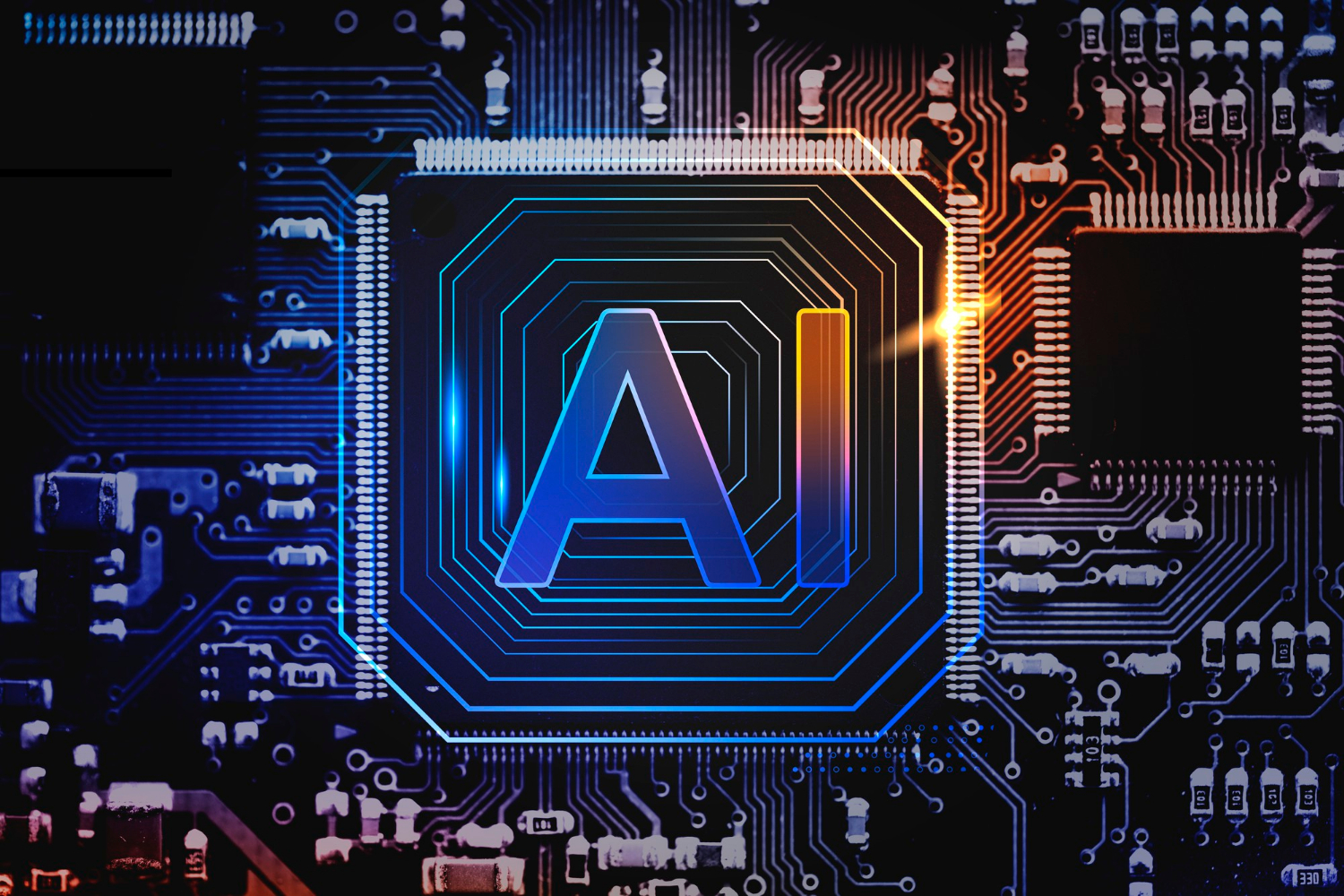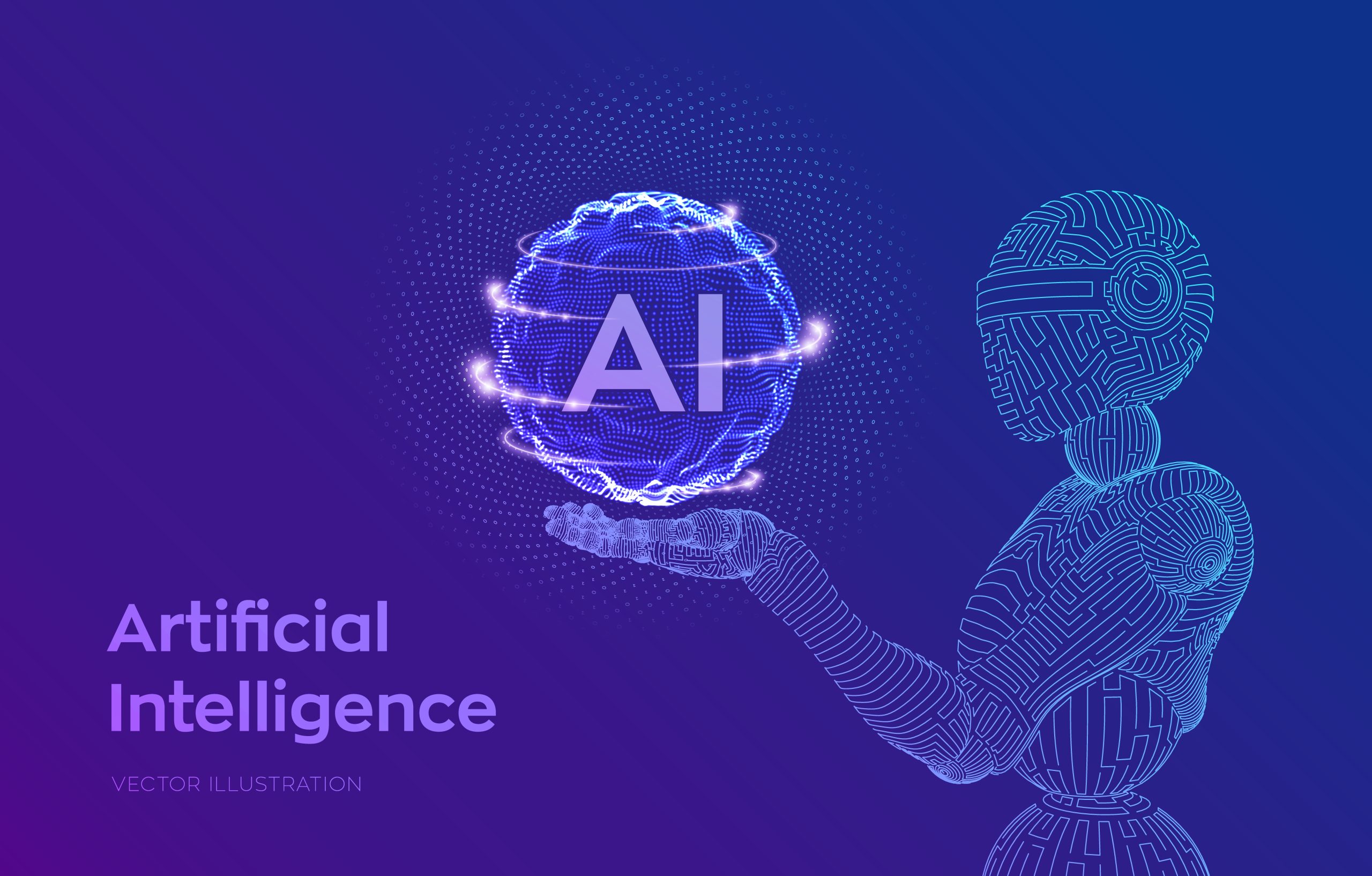Introduction
In the ever-evolving landscape of AI development, contract staff at Google who are actively involved in training artificial intelligence systems are forging a path to unionize. This article sheds light on their aspirations, the obstacles they encounter, and the potential ramifications of union representation. Join us as we explore the journey of contract staff at Google who are committed to building a stronger future through collective action and unionization.
The Vital Role of Contract Staff in AI Training
Contract staff at Google play a vital role in the training of AI systems, contributing their expertise and knowledge to drive innovation in this burgeoning field. However, they often face various challenges such as job insecurity, limited benefits, and a lack of influence in decision-making processes. The unionization efforts of these contract workers aim to address these issues and advocate for their rights.
Fostering Fairness and Empowerment
Motivated by a desire for fairness and empowerment, contract staff involved in AI training at Google are actively pursuing unionization. By coming together as a collective force, they seek to negotiate for improved working conditions, fair compensation, comprehensive benefits, and a meaningful say in shaping policies that impact their work. Their endeavor underscores the significance of equity and empowerment within the AI training landscape.
Balancing Power Dynamics
The drive for unionization among contract staff reflects the existing power dynamics within the realm of AI training. It highlights the disparities in treatment and recognition between contract workers and full-time employees. By striving for collective representation, contract staff aim to rebalance these power dynamics and ensure that their contributions are duly acknowledged and valued.
The Potential Impact of Unionization
Unionization holds the potential to significantly impact the working conditions and rights of contract staff involved in AI training. Through collective bargaining, these workers can advocate for fair wages, improved benefits, enhanced job security, and a more inclusive work environment. Union representation also provides a platform to address concerns and promote a culture of collaboration and equity.
Overcoming Challenges Together
The path to unionization is not without its challenges. Contract staff face obstacles such as resistance from employers, potential repercussions, and the need to foster solidarity within a diverse workforce. However, their collective determination to achieve better working conditions and protect their rights drives them to overcome these challenges and build a stronger future.
Spurring Industry-Wide Change
The unionization efforts of contract staff at Google extend beyond their immediate context and serve as a catalyst for broader discussions about workers’ rights in the AI industry. This movement sets an example for other contract workers, igniting conversations about the significance of collective action and the potential for industry-wide change.
Conclusion
The endeavors of contract staff at Google involved in AI training to unionize mark a significant stride towards addressing workers’ rights in this dynamic field. Through collective action, these workers aspire to foster fairness, empowerment, and improved working conditions. Their quest for unionization emphasizes the power of collective bargaining and the importance of creating a more equitable and inclusive environment in the AI training landscape. As this movement gains momentum, it has the potential to shape the future of AI training and contribute to a more just and prosperous future.










